Helicopters and Snowplows
A recent article referenced a new style of parenting called "Snowplow Parenting."
We know that Helicopter parents hover near their children to be part of every moment of the child's life. They are there "just in case" the child needs them. Snowplow parents predict which obstacles will be in their child's way and remove them so the child is able to proceed successfully - at least that is the hope.
Every parent adopts a style they believe is in the best interests of their child. Parents everywhere want their children to be happy, successful, and confident. As far as I can tell Snowplow parenting does everything to undermine confidence. Handling their own problems reinforces confidence in the child's own abilities. Instead of teaching the child how to manage their life needs, the snowplow style of parenting sends the message that the child is not capable and needs the parent to prepare the way for them.
When a child has no opportunity to manage their world, they become less competent to manage life on their own. A strong ego expressed as confidence comes from surviving faults and solving problems.
What constitutes a problem can be very different for the various personality types, and each type has a certain set of skills to learn in order to be successful in life. Everyone is born with strengths and everyone is born with stretches. These are not the same for all the personality types. So, what works for one child in the family may not work equally well with another child in that family.
- Sensing types enjoy gathering information. That part is easy. Their challenge is to pull the information together into patterns and innovative ideas.
- Intuitive types enjoy generating innovative and unique projects or contributions. Their stretch is completing all the parts. They need more assistance during the work or implementation phase rather than during the design phase.
- Feeling types start life trusting with a naive innocence that makes them vulnerable to be fooled by false relationships. Their stretch is to learn to discern and be alert to the disingenuous.
- Thinking types enter life independent. Initiating on their own is a strength. Yet they want to be competent at everything and struggle with accepting and enduring the frustration of failure.
A Snowplow parent removes all the obstacles. If that happens, the Thinking child will not learn to cope with incompetent moments, the Feeling child will not learn the signs that a person is not to be trusted, the Intuitive child will not learn to pace their energy to keep working when things become boring, and the Sensing child will not learn how to organize all that they know so they can use the knowledge in new and productive ways. The child develops from doing the work. Being directed on what to do is not the same as solving the problem and coping with the consequences.
Resilience is a characteristic most parents want to see in their children. This skill builds over time and is more securely established when experiencing many little blocks of problem solving rather than when the first real challenge happens at age 20.
So, parents, when you are tempted to solve a problem for your young child (e.g. work the system to be sure your child is "on the team" or "in the play") you may be working against your goal: a competent individual. Celebrate their achievements but also celebrate their handling of the bumps along the way. These may have a larger impact on the child's character development and resiliency than any of the successes.
Guide your child rather than direct your child. Give options and examples but allow the child to make the decision. Teach them how to cope with the consequences if their choice does not work as expected. The developmental goal is to teach children HOW to decide by looking at the issue from multiple perspectives, using Sensing, Intuition, Thinking, and Feeling rather than telling them WHAT to decide. (See the article on using the Z-model of decision-making.)
As the parent, when your child fails or has a problem (and they all will) you may need to decide what you will do to hold back and allow their learning process to occur.
The hardest part of parenting is watching our child be in pain, but a very joyful part of parenting is watching them handle their pain and handle the problem. We must give them the freedom to try. Use the snowplows for snow.



_thumb.png)













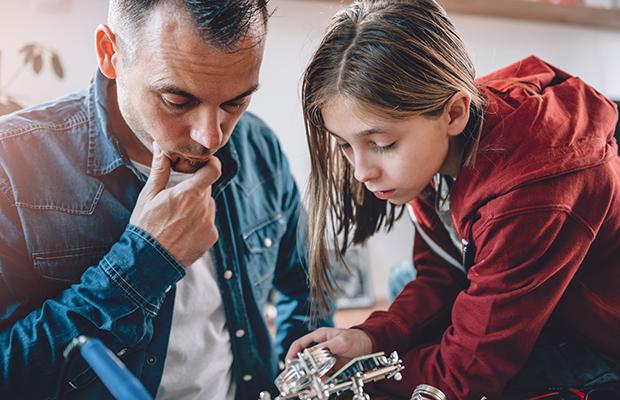
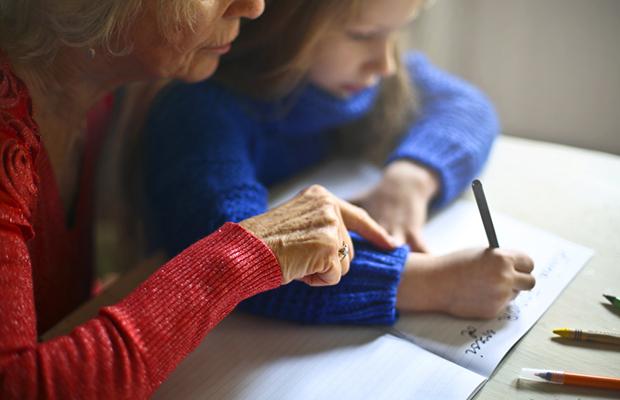

















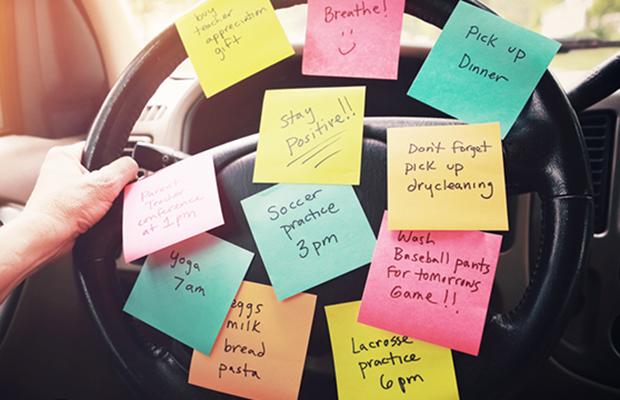


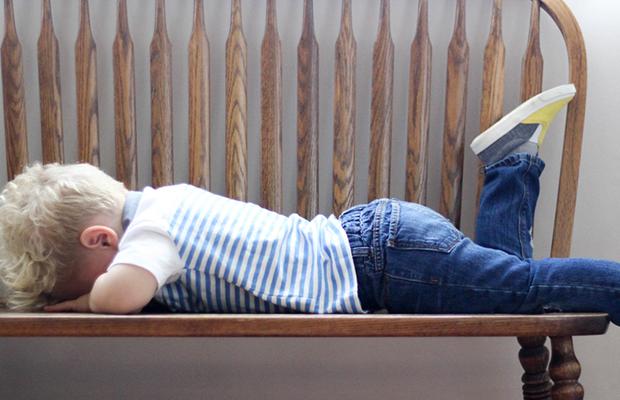











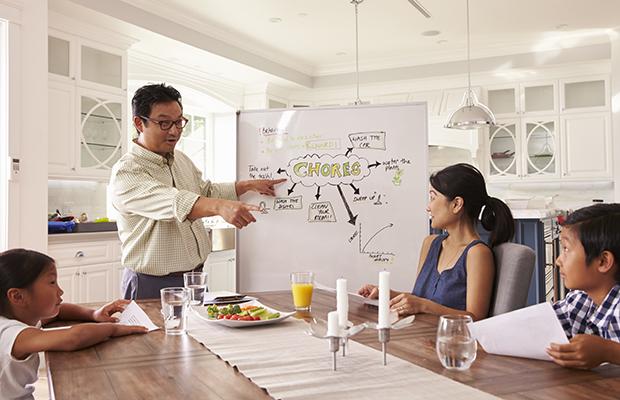

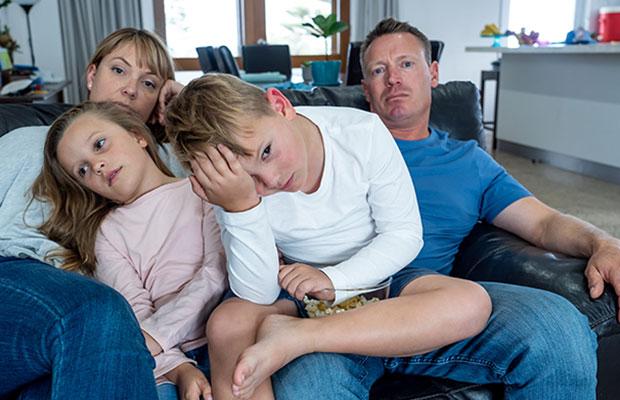

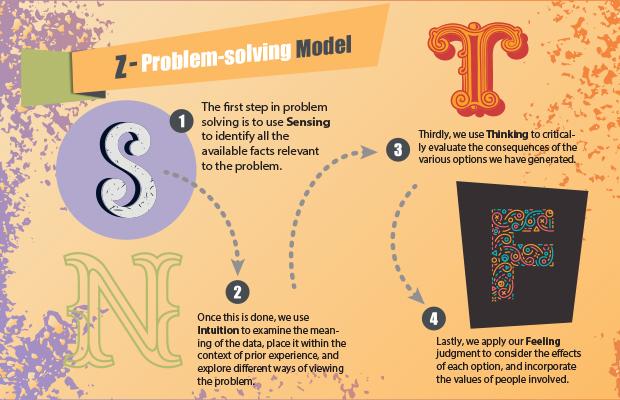












.png)

_thumb.png)


_thumb.png)
.png)